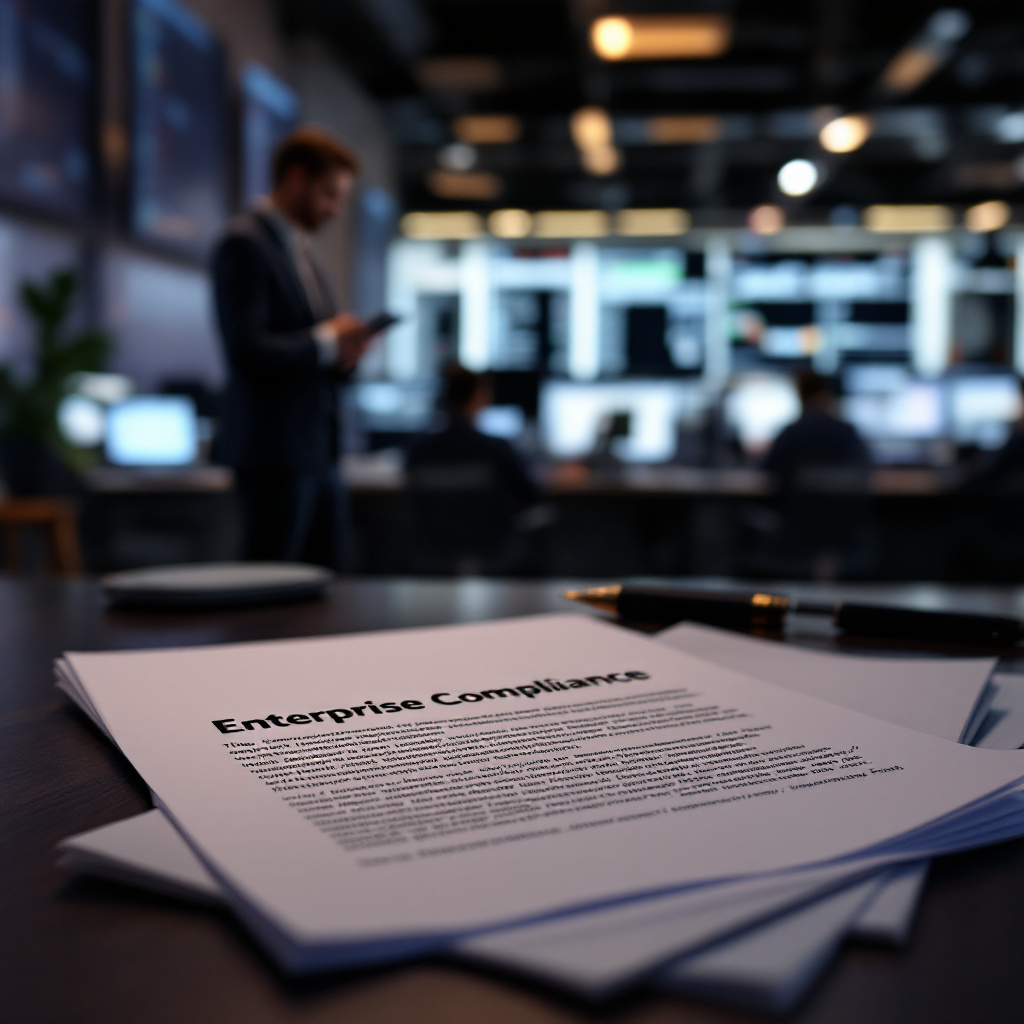
Why ChatGPT Enterprise Isn't Really Enterprise for Hedge Funds
We love ChatGPT. It's brilliant technology, and we use it ourselves. But here's the catch: many hedge funds are adopting ChatGPT Enterprise under the assumption that it's a secure, enterprise-ready AI solution. It isn't.
Watch our team discuss this topic
Benjamin Saberin, Chris Hobbick, and Michael Maguire
If you look under the hood, ChatGPT Enterprise is still just a SaaS product designed for general business use. It lacks the compliance, governance, and financial-specific workflows hedge funds need to operate safely and profitably.
Here are the three gaps that matter most.
1. Compliance and Audit Gaps
In finance, audit trails aren't optional. Every chat, every data request, every AI-assisted memo must be captured in a verifiable, non-erasable way. That's what SEC Rule 17a-4 and similar regulations demand.
ChatGPT Enterprise doesn't deliver that.
- No immutable audit logs.
- No WORM-compliant record preservation.
- No easy export into systems like Smarsh or Global Relay.
At best, you get an admin dashboard with usage stats. That's not enough when a regulator asks: "Show me exactly what information was used to justify this trade."
For a hedge fund, this isn't a minor gap. It's a compliance landmine.
2. No Tenant-Level Policy Enforcement
Hedge funds live on firm-wide controls. You can't just tell people "don't paste client PII into the model" and hope for the best. Policies need to be enforced at the system level.
ChatGPT Enterprise gives you account-based controls (who can log in, basic admin oversight). But it doesn't give you tenant-level governance across the firm.
That means:
- No way to block sensitive data inputs.
- No way to enforce pre-trade communication rules.
- No centralized guardrails for how analysts, traders, and operations staff actually use the AI.
The result? Shadow usage, accidental data leakage, and compliance officers left in the dark.
3. Blank-Slate Workflows
Even if you ignore the compliance risks, there's a productivity issue.
ChatGPT Enterprise is a blank page. It's powerful, but it doesn't come with finance-ready workflows. Your analysts are expected to engineer prompts instead of generating alpha.
That means wasted time and inconsistent results. In fast-moving markets, you don't have hours to figure out the right way to ask for:
- An earnings call analysis with tone detection.
- A pre-trade idea memo with risk factors attached.
- A compliance-ready research summary that can be archived immediately.
These aren't "nice to haves." They're daily workflows. ChatGPT Enterprise doesn't provide them.
Why Hedge Funds Choose It Anyway
So why are hedge funds signing up?
Here's our take: many firms set up "AI Committees" last year. After six months of indecision, they needed to show progress. ChatGPT Enterprise felt like a safe choice; widely known, marketed as secure, and easy to roll out.
But "safe" isn't the same as compliant. And it isn't the same as ROI-generating.
What Enterprise AI Should Mean in Capital Markets
At Saberin Data Platform, we believe enterprise AI for hedge funds must:
- Provide compliance-grade audit trails integrated with your archiving systems.
- Offer firm-wide governance so policies are enforced, not just suggested.
- Deliver pre-built capital markets workflows so analysts, PMs, and CCOs can get value on Day 1.
That's what we've built with Audition AI.
Because enterprise AI shouldn't just summarize documents. It should help your firm move faster, stay compliant, and generate returns without adding risk.
If your firm is evaluating ChatGPT Enterprise, take a pause. Ask whether "safe enough" is truly safe when regulators, investors, and competitors are watching.
We'd love to show you what enterprise AI looks like when it's actually built for hedge funds.
Watch Our Team Discuss This Topic
Benjamin Saberin, Chris Hobbick, and Michael Maguire discuss enterprise AI solutions for hedge funds
Like this content?
Subscribe to our weekly brief for more insights on AI in hedge funds
Subscribe to Weekly Brief